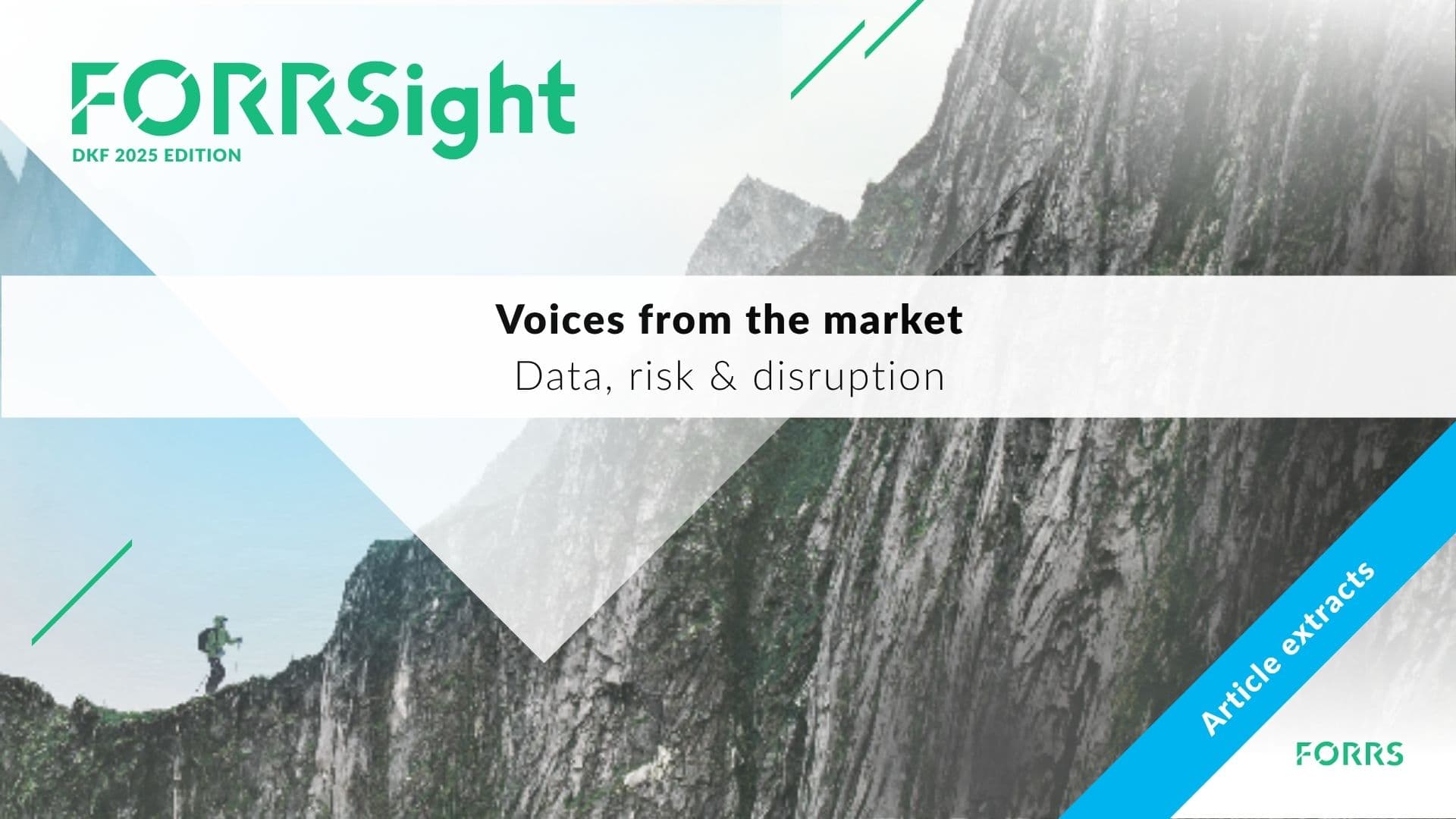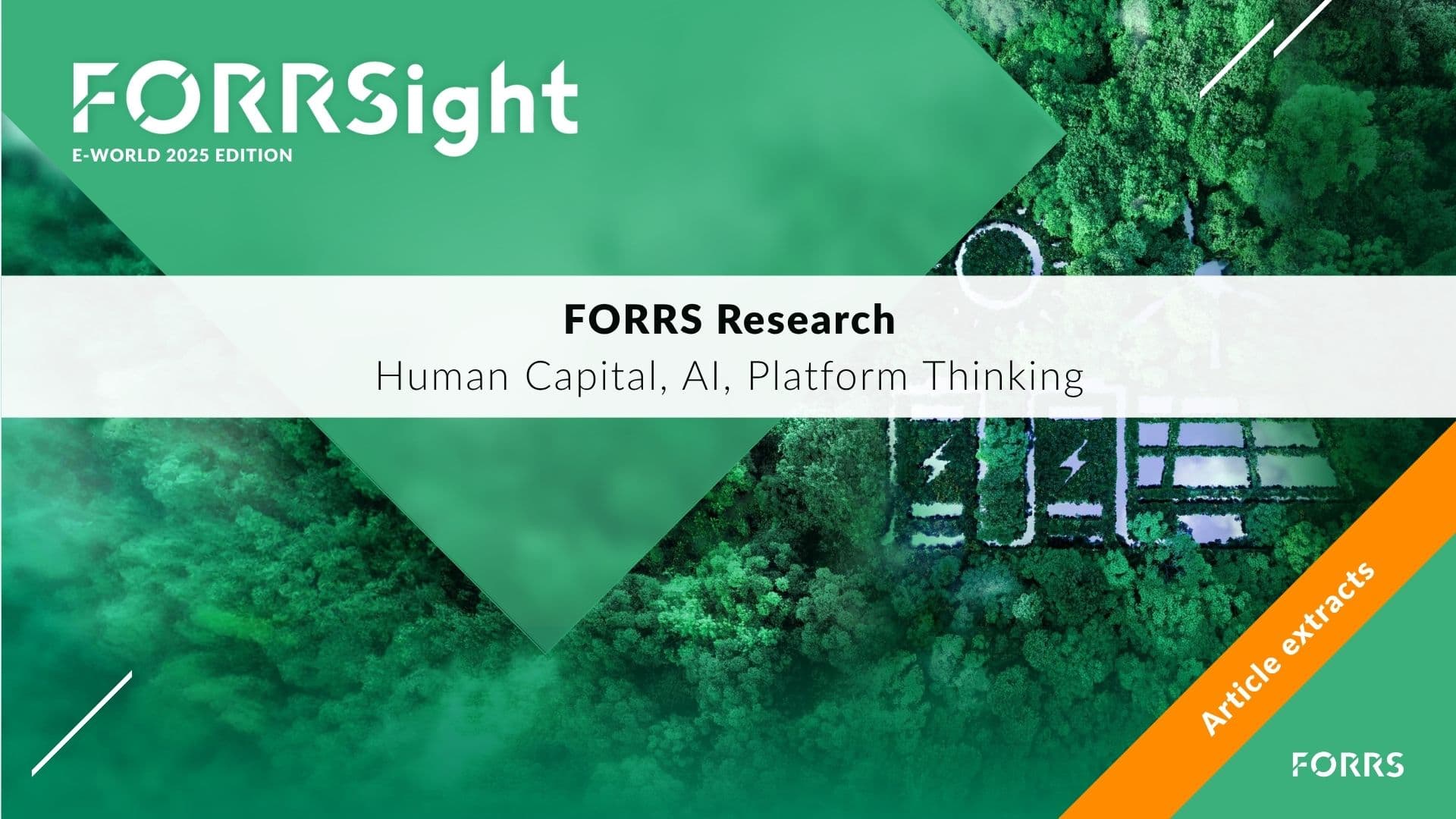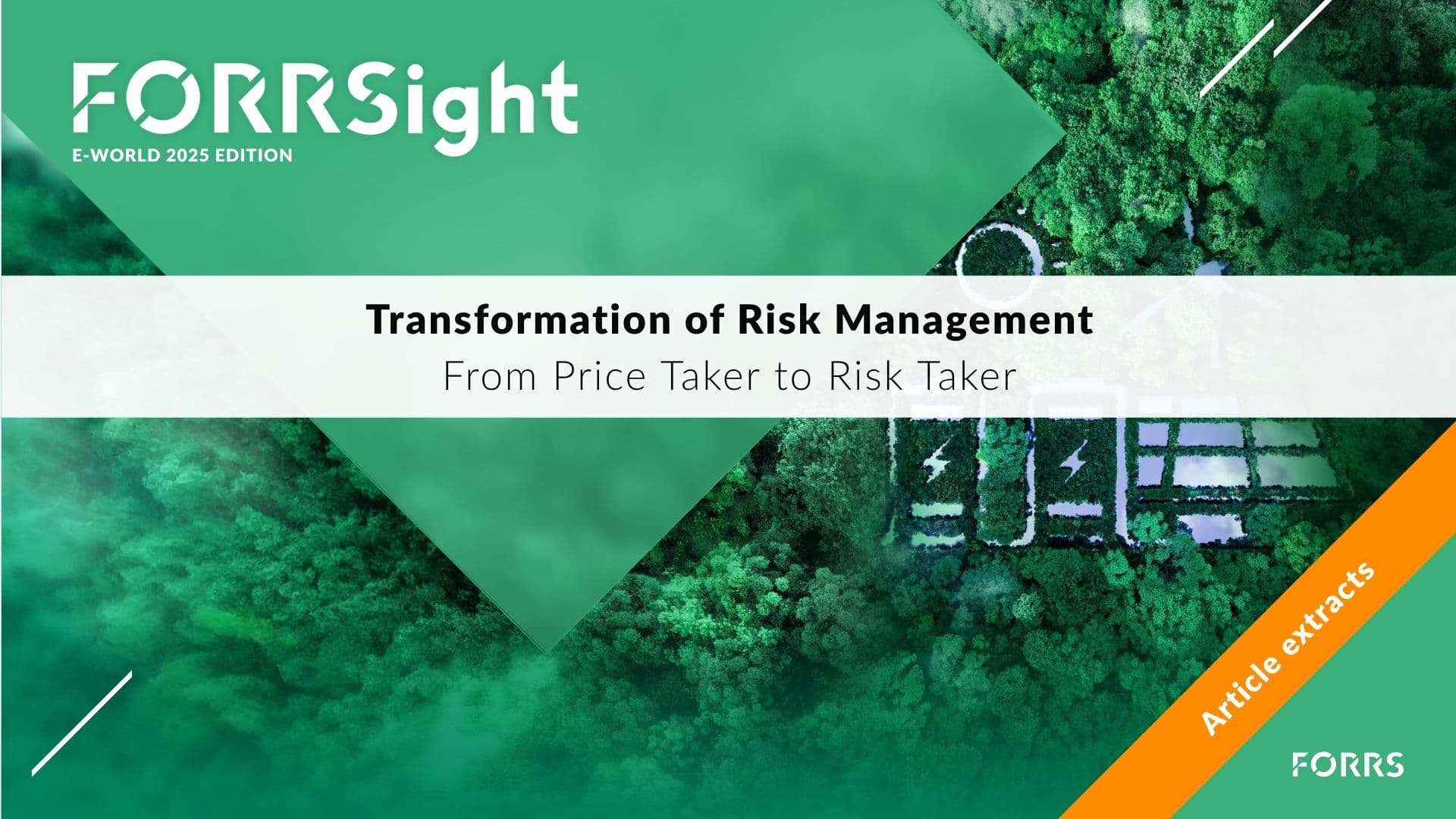21.07.2025 / 08:30
Voices from the Market: Data, Risk & Disruption
Financial Markets

From rising licensing complexity and data-driven innovation to geopolitical uncertainty and evolving credit landscapes - industry leaders share their perspectives on the key forces reshaping financial markets. These expert voices spotlight how firms must adapt with smarter tools, sharper insights, and agile strategies to stay ahead.

In the current market, the importance of market data licenses is growing exponentially. Both security exchanges and vendors are becoming more protective of their IP rights and are deploying AI solutions to enforce, track, and trace compliance. The complexity lies in the opaqueness and diversity of the license agreements, as well as challenges with data lineage and “ultimate ownership.” End-user firms should be more prepared than ever for audits.

The financial sector faces rising complexity, tighter regulations, and margin pressure. Banks increasingly see data as a strategic asset. With the right tools, they can use data to enhance investment insights, ease compliance, manage risk, and improve pricing and execution. Success depends on data quality, accessibility, and tailored solutions that integrate with legacy systems. As experts in financial data management, we help banks unlock the full value of insight-driven strategies.

In the current credit landscape, the dynamics between Credit Default Swaps (CDS) and bond spreads are crucial. The CDS-bond basis, indicating the difference between CDS spreads and bond spreads, can present significant trading opportunities, especially when a negative basis emerges, making CDS protection cheaper than bond exposure. This negative basis often exists as long as CDS spreads are lower than bond spreads, reflecting market dislocation.
Recent changes in U.S. policies under the Trump administration have affected spreads differently in Europe and the U.S., with the latter showing resilience, while European credit faces more volatility. Monitoring these spreads is essential, as they signal shifts in risk perception and provide valuable insights into market conditions.

Digitalization and the API economy are enabling a redesign of value chains. Information providers and transaction platforms can be integrated, allowing decision-makers to act faster, more precisely, and more cost- effectively. Through AI, unstructured information can be structured and used in trading models. In this world, it is not the big that eats the small, but the fast that eats the slow.

The demand for quality data has become paramount for operations, compliance, and decision-making. AI is revolutionizing how firms detect anomalies and automate processes, while rising data costs are pressuring organizations to establish efficient solutions. Effective reconciliation tools like ARO detect breaks in real time, while comprehensive data platforms integrate previously siloed systems. Our R&D commitment to addressing industry trends is key.

With Covid, the Ukraine war, and now, a massive trade war unfolding, the world has become highly volatile and unpredictable. The “unknown unknowns” are driving and challenging risk management to a degree that hasn’t been seen since the financial crisis. Understanding these novel risks, and providing meaningful and actionable information to top management, supervisory authorities, and other key stakeholders are today’s challenges.





